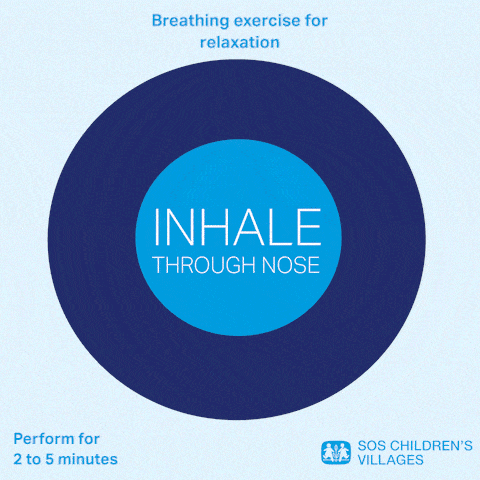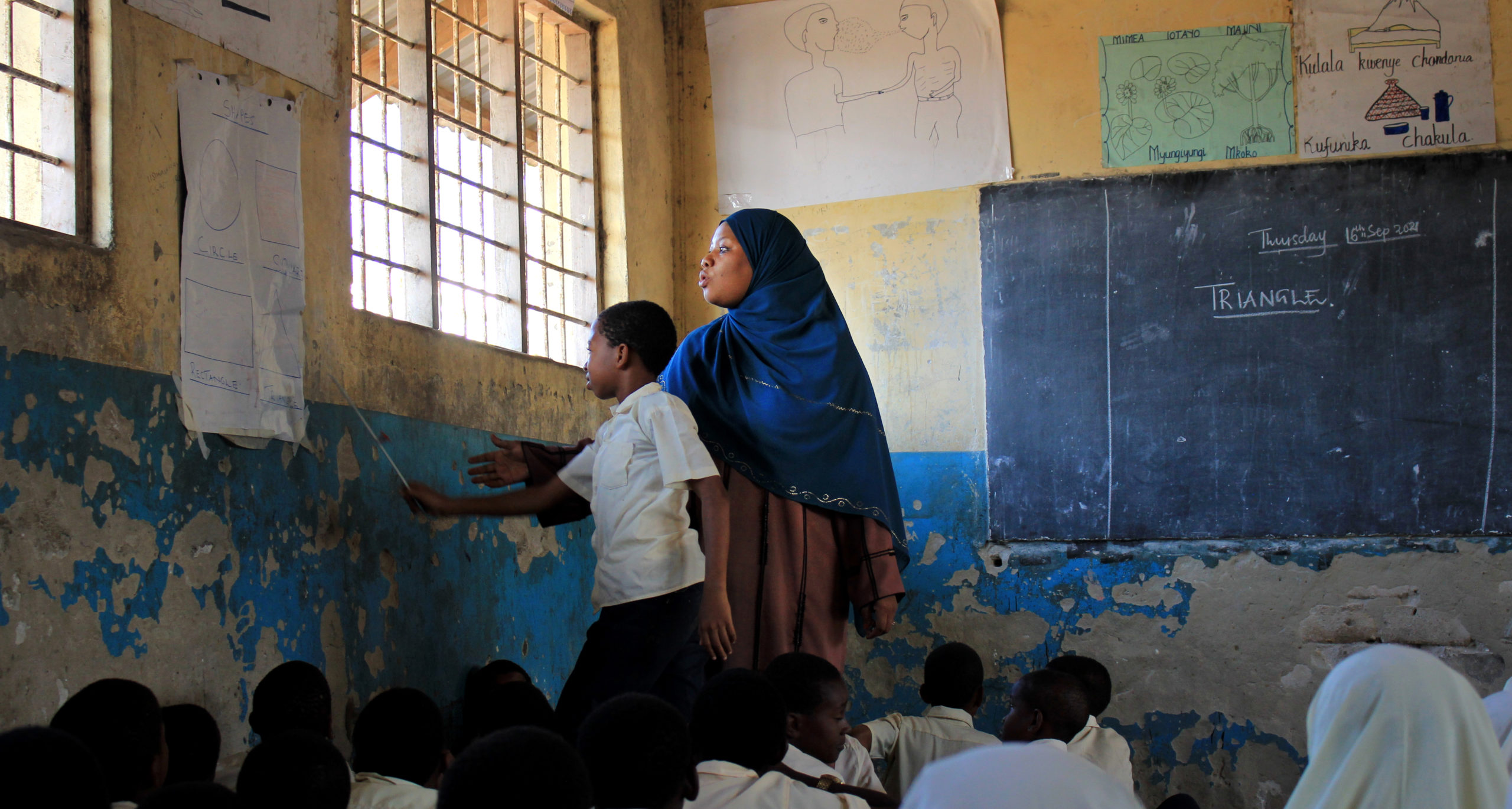We often hear from our teachers and educators around the world that no matter how much they love their job, they often feel a sense of anxiety at the start of a new term. They work with children who perhaps have gone through trauma, or had a really unsettled family life, and this can affect how they behave and feel in the classroom.
What helps those teachers is not trying to predict what issues the children in their classes might face, but focusing in and ensuring they are looking after themselves so they have the strength and courage to support the children and young people they are working with.
Are you a teacher and is this something you can relate to? If so, take a few minutes to read through these top tips – there might be one (or more) that makes all the difference for you.
Plan ahead…
Anxiety is often caused by a feeling of lack of control or uncertainty. Making plans, even if they don’t work out, can help counter this. As teachers, you’ll be so used to making lesson plans and curriculum plans, and those are great! But remember to plan some fun things in too. What really makes you smile? What do you know the kids will love doing? Make sure those feature as often as possible, and tell the children you work with about those plans too so you can build excitement about what is to come.
..But take things one day at a time
Planning is all well and good, but remember the only thing we ever have is this present moment right now. Notice that, especially when you start to feel anxious about things you need to get done. Anxiety is almost always about the future: what if XYZ doesn’t work out, or ABC goes wrong? It’s true, that’s always a possibility, but there are countless other possibilities too. When you notice yourself starting to disappear off into the future like this, bring yourself back to the here and now by asking: what can I do right now that will make a difference? If there’s something practical you can do, then do it. If not, the one option you always have is to let the worry go. Notice it and let it go.
Be kind to yourself…
If you don’t treat yourself with kindness, there is no way you can be kind to others. You might be able to in the short-term but you will feel burnt out if you try to put other people’s needs ahead of your own long-term. If you, like many compassionate people, struggle to put yourself first then remind yourself that you are prioritising self-care in order to be able to care for others. We all know that you have to put on your own oxygen mask before helping others. And what does it mean to be kind to yourself? It means ensuring you schedule in time each and every day to do things that either reduce your stress, make you happy or just let you relax. When we feel stressed or anxious, often we stop doing the things that bring us joy, because they feel unnecessary or superfluous. Nothing could be further from the truth. What do you love doing? How can you do it more? Consciously schedule in time for the things in life that you enjoy without exception.
..So you can be kind to others
The children in SOS’s care have often really been through a lot. They may have lost family members or generally had a chaotic upbringing. They may have lived through or still be living through immensely stressful experiences, and so what they need from school is stability, consistency, care. The only way to provide this to them in the classroom is by ensuring the teachers are looked after well enough that they can be kind and supportive to their pupils. It’s very easy to deprioritise yourself, especially when you’re busy. Self-care becomes many people’s lowest priority, so this is your reminder to make it an essential part of your day, no matter how busy you are. Otherwise you’ll be trying to pour from an empty jug.
Ask for help if you need it
How do you feel if one of your pupils asks for help? You of course are more than willing to help them, without thinking twice. But asking for help? For some, and teachers are no exception, it can be the hardest thing to do. We suffer in silence out of fear of being seen either as weak or high maintenance. Well, what we practise we get good at so if you can normalise asking for help, it will start to feel less uncomfortable. Start small. Ask your pupils to help you with tasks, ask your colleagues for little things like teaching ideas they think work well. Even if you don’t need ideas, just to get good at asking for help. Gradually you can build this up so it feels more and more comfortable, and then when you really need to ask something bigger of someone, you’ll feel ready and able.
Learn to be curious…
Thoughts and feelings are not facts. Feeling anxious doesn’t necessarily mean you have anything to fear, it doesn’t mean anything bad will happen. A good way to remember this is to try to notice, rather than react to, your feelings. When you feel those pit-of-the-stomach feelings of anxiety, see if you can respond with curiosity rather than catastrophising. Or, to put it another way, curiosity kills the cat-astophising… Notice that you are feeling anxious, and respond with interest and an air of curiosity: “Oh, that’s interesting, I wonder why I’m feeling anxious? It could be because I feel like I have no control in this situation/because I feel stressed and overworked.” When you can be curious about your emotions, and observe them scientifically with a slight detachment, you may avoid being derailed by these difficult feelings.
..So you can build curiosity in others
Everything you do will be modelling how to behave to the pupils you are working with. So modelling curiosity about your own feelings, prioritising self-care and kindness – all of this will be noticed and appreciated by the children. It may be a cliché, but it’s your chance to “be the change you want to see in the world” and lead by example.
And if you have no time to do anything else, remember to BREATHE. It is something you will be doing anyway, and even when you have seemingly no time to yourself, there’s always time to take a minute somewhere quiet to focus on slowing down your breathing. You will be amazed at the difference it can make. Here is a GIF that you can use in these times – just breathe out as the dot grows and in as it shrinks:

Find out more about the education and training SOS provides around the world
If you would like additional mental health support, please contact your GP for a referral to locally available mental health services.
If you are at crisis point and are in the UK, please use the NHS Urgent Help for Mental Health on the following link:
You can also contact:
Samaritans, 116 123 if you urgently need to talk to someone

